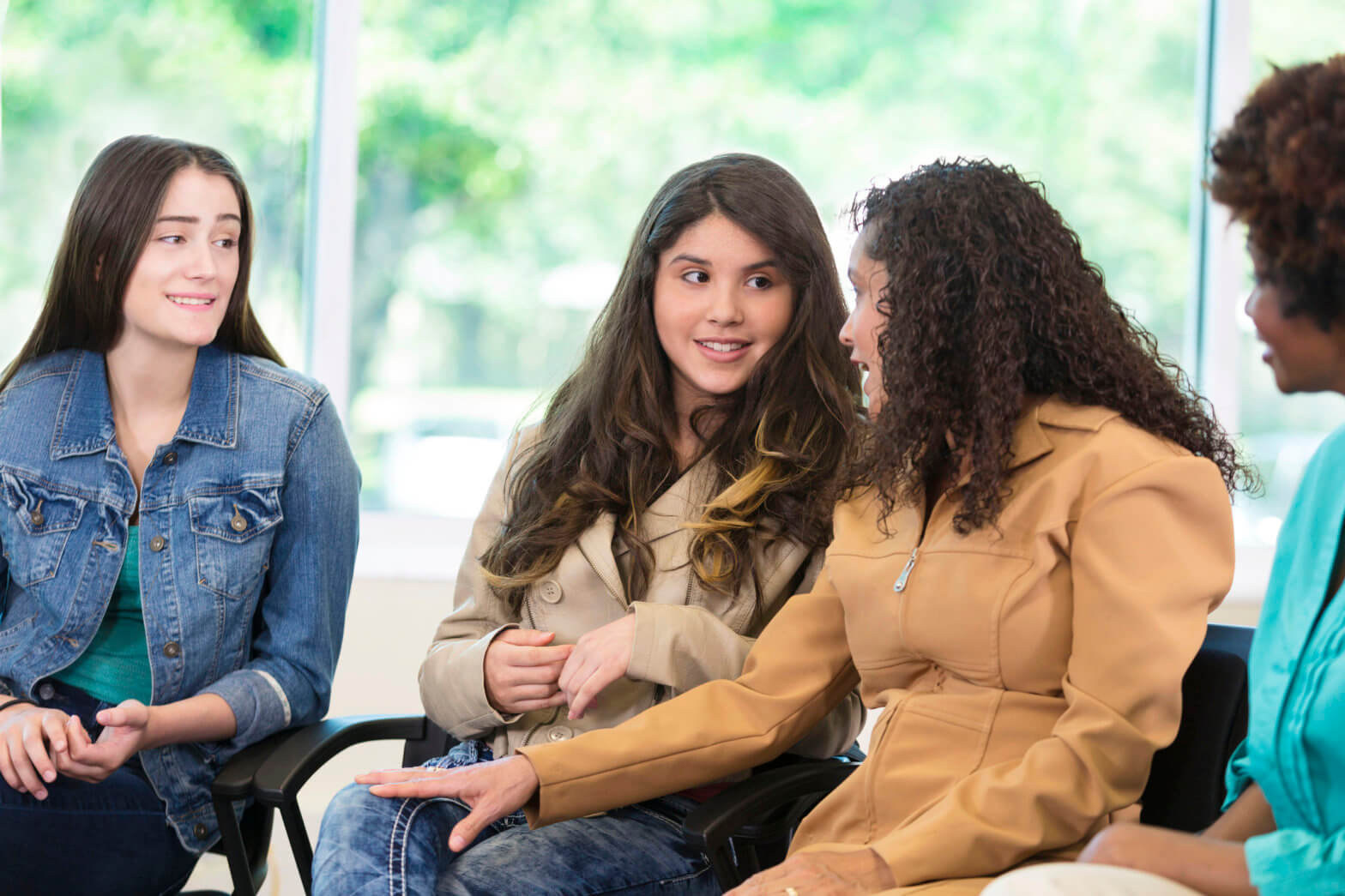The decision to place a child for adoption is one that takes incredible strength, selflessness and courage. For many women, placement of their child is just the beginning of what can be a very emotional and trying time.
Whether you are in the early stages of considering adoption, or have already placed your child with their adoptive family, understanding how to cope with putting your baby up for adoption is important for your well-being. Speaking with an adoption specialist is a great place to start. A specialist will provide you with helpful resources and unbiased information as you consider, or are currently going through or have gone through, an adoption.
In the meantime, continue reading this guide, which will explore some of the emotions you may be dealing with and the best way to progress through the healing process of coping with “giving a child up” for adoption.
Steps Toward Healing
Many prospective birth mothers are aware of the emotions they may face throughout the adoption process. But it can be difficult to truly prepare for the feelings of postpartum grief and loss that may come after your child is born and has been placed with their adoptive family.
Much like each adoption situation is unique, the emotional impact and how to deal with “giving up a baby” for adoption will vary for every prospective birth parent as well. No matter what emotions you may be feeling, keep in mind that this does not mean that you made the wrong decision, or that you are weaker than those who may not be struggling as much. There is no right or wrong way of how to deal with “giving a baby up” for adoption.
Everyone copes differently.
There is no time limit on these feelings, either. They are yours, and you have every right to process them in your own manner. Unfortunately, there is no foolproof method for how to cope after “giving your baby up” for adoption, but there are general steps that can help. The first of which is accepting your adoption and acknowledging the emotions you not only went through, but may be currently dealing with.
Step 1: Acknowledge and Express Your Feelings
Being able to accept that you have placed your child with an adoptive family, and expressing your feelings, are important steps towards coping with “giving a child up” for adoption. Before you can truly begin the healing process, you must get in touch with your own feelings. Keeping them bottled up inside is not good for your mental or physical health.
You may question why you still feel a certain way or why you are not recovering faster. Understanding that it is completely natural to feel emotions of grief, loss, and even anger can sometimes be easier said than done.
Step 2: Remember Your Reasons
One thing that can help is revisiting why you made your adoption decision to begin with. This was a selfless decision, one you made out love and with the best interest for your child in mind. Although the term “giving up a baby for adoption” is used throughout this guide and in other adoption materials and discussions, adoption is anything but giving up. Adoption provides opportunity and hope to your child.
Recognizing the positive impact you have made on your child’s life, the adoptive family and your own life is pivotal towards coping with “giving a child up” for adoption.
Step 3: Speak with a Professional
An unplanned pregnancy, the adoption process and the placement of your child can be filled with many different highs and lows. At no point should you have to experience such an emotional rollercoaster alone. Your adoption professional and adoption counselors are here to make sure you have the support you need throughout these difficult times.
These trained professionals have plenty of experience when it comes to helping someone who is coping with “giving a baby up” for adoption. Adoption specialists understand the difficulties you may be facing and will help provide you with methods and resources to advance you along your recovery process — resources such as suggested therapy, classes, books, blogs, websites, or even birth parent support groups.
Step 4: Seek Out a Support Group
Attending a support group is a great opportunity to open up and share some of the thoughts and emotions you are feeling, all with people who are going through or have gone through the exact same experience. Having other people to cope with about “giving a child up” for adoption can be very therapeutic, as their personal insight may benefit you in your healing process. There are a number of birth parent support groups and forums that you can reach out to. You may also connect via social media, where you could read stories and experiences from other birth mothers.
Step 5: Continue Your Open Adoption Contact
Another suggestion an adoption specialist may make is to pursue some form of open adoption. Open and semi-open adoptions give you the emotional confirmation you may need by knowing that your child is in a happy and loving home. This reassures you that although it was difficult, you have made the right decision. You can stay in contact through pictures and letters, phone calls, emails, and even in-person visits, all of which give you the opportunity to build a relationship with your child.
Counselors will help you learn how to cope with putting your baby up for adoption. They will help you realize that feelings of grief and loss will come and go, and that it is completely normal. They will emphasize the importance of maintaining balance in your life and staying true to yourself. Adoption is a life-changing decision, but it doesn’t mean you should completely change your life because of the decision. Make sure to focus on yourself and live your life to the fullest. A counselor will be by your side for anything and everything you may need along the way.
Continuing to Heal
Understanding, accepting and being able to process your feelings about your adoption will be a lifelong journey, but you’re never alone. No matter where you are at in the adoption process, if you are coping with “giving a child up” for adoption and feel like you are struggling, adoption specialists are here to help.
Adoption agencies offer free counseling throughout the adoption process and long after. If you ever need someone to talk to, or are in need of more resources on how to deal with “giving a baby up” for adoption, a specialist will be ready to answer any questions or concerns you may have.



